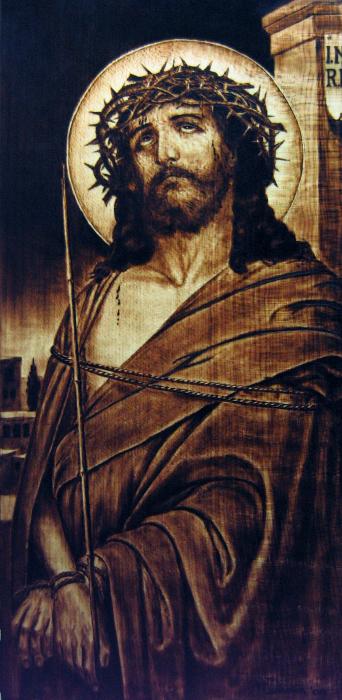 |
Sic Deus dilexit mundum.
For God so loved the world. |
My apologies on not having written anything in due time, I have had a lot of time to spend at work this summer, and though that is not a full excuse I have spent some time reading up. I hope to blog a bit about what I read in
Orthodox readings of Augustine, that is a volume based on a 2007 conference regarding the Eastern Orthodox reception of St. Augustine the blessed Father of the West. However, this post regards a controversial topic for Christians in modern industrialized societies regarding the usage and acceptance of contraception as a means to postponing pregnancy. The focus of this essay will aim to discuss why the Catholic Church in her wisdom has provided that contraception is against the Divine mandate to be fruitful and multiply, as well as the notion of the man and woman becoming one flesh as Christ chose Himself to become one with His holy Church. Human sexuality is inevitably tied to Christ and His mission through His Incarnation and Holy Life. Marriage is the image and icon of Christ’s loving union and communion with the Church, which is without reserve and is of a totally self-giving, self-sacrificial love. The use of contraceptives shatters the total self-giving of love present in the marital life and so ruins and distorts that which marital life is aimed to imitate, the beauty of the unity between Christ and His Bride the Church. May Christian spouses love each other in Christ, be united to Him, and love each other in the image and likeness of Christ's sacrificial Incarnation, Life, and Passion, for the sake of His Beloved Bride, the Church.






